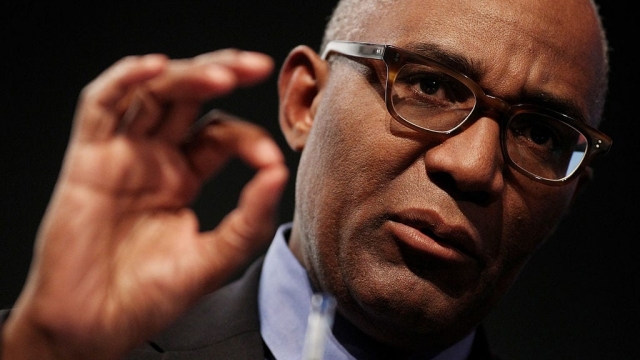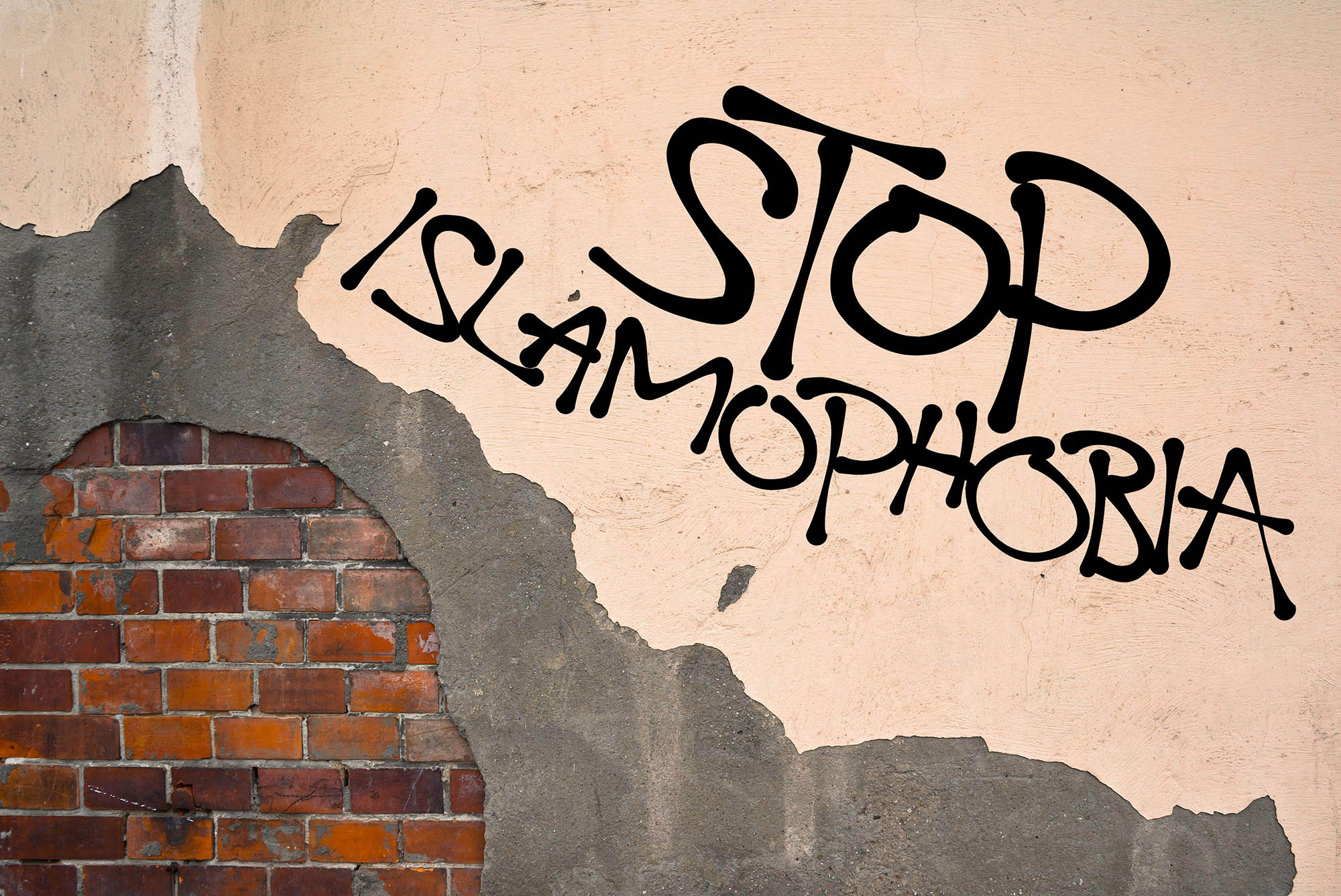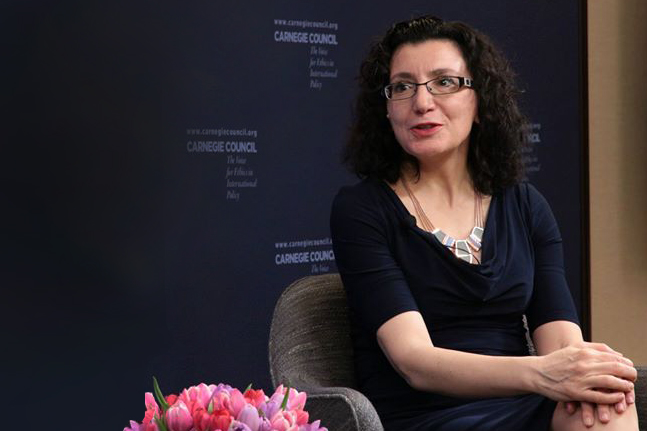Secularisation – the process of a dividing the realms of politics and religion – has been influencing national and worldly affairs for several hundred years. The idea of the desirability of such a division – secularism – is nowadays a given backdrop for public policy issues regarding education, family, gender, media, migration, personal integrity and freedom, reproduction and sexuality. But globalisation and multicultural trends, as well as claims from religious groups for increased political influence or autonomy and the uncertain and varying responses to these from society, have made us aware that the secularist ideal has been realized through the process of secularisation in radically different ways in different settings. As a result, an identity crisis is presently afflicting secular societies. It is no longer as clear what secularism is supposed to amount to, why secularisation is desirable and where its proper limits are. To investigate questions about this is the focus of a newly initiated multidisciplinary research theme at the University of Gothenburg.
Speakers
- ABDULLAHI AN-NA’IM, Human Rights Law, Emory University
- KENT GREENAWALT, Law, Columbia University
- BRIAN PALMER, Anthropology & Religion, Uppsala University & University of Gothenburg
- PAUL WEITHMAN, Philosophy, University of Notre Dame
- LINDA WOODHEAD, Religious Studies, Lancaster University
Venue
Registration
The conference is open to the public and free of charge. Registration is required for attendance.
Contact & Information
Email: [email protected]





